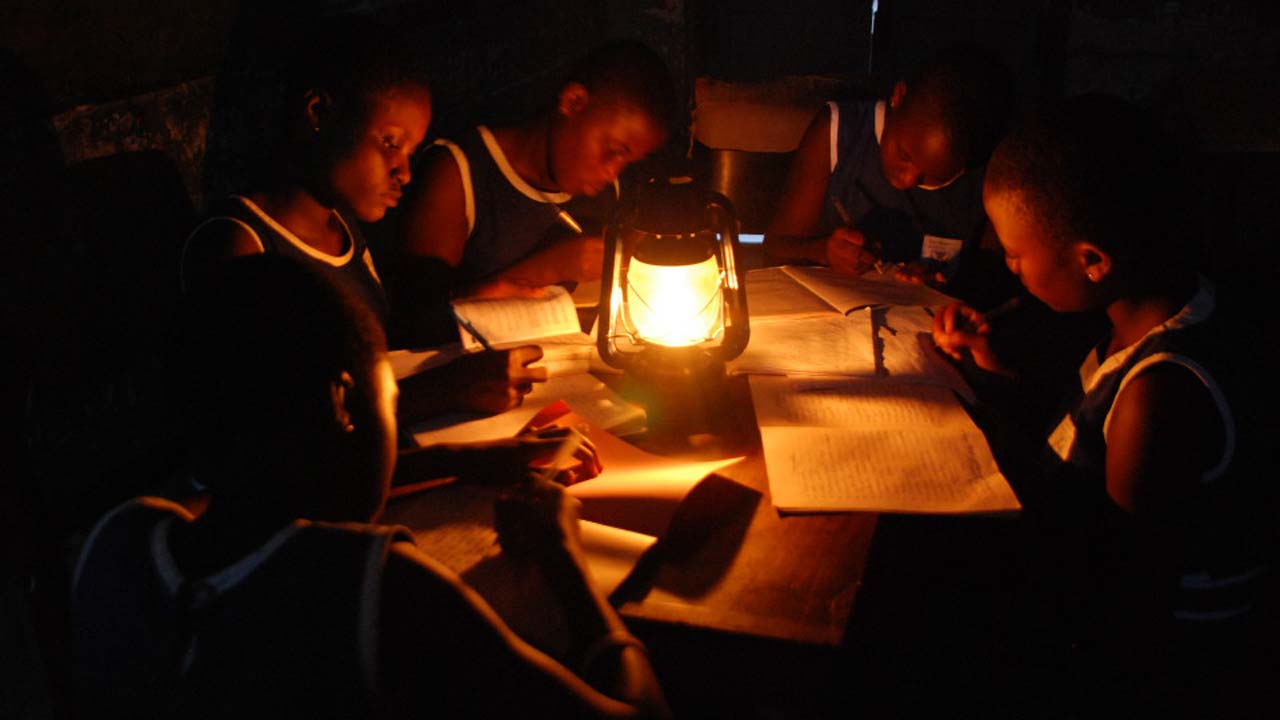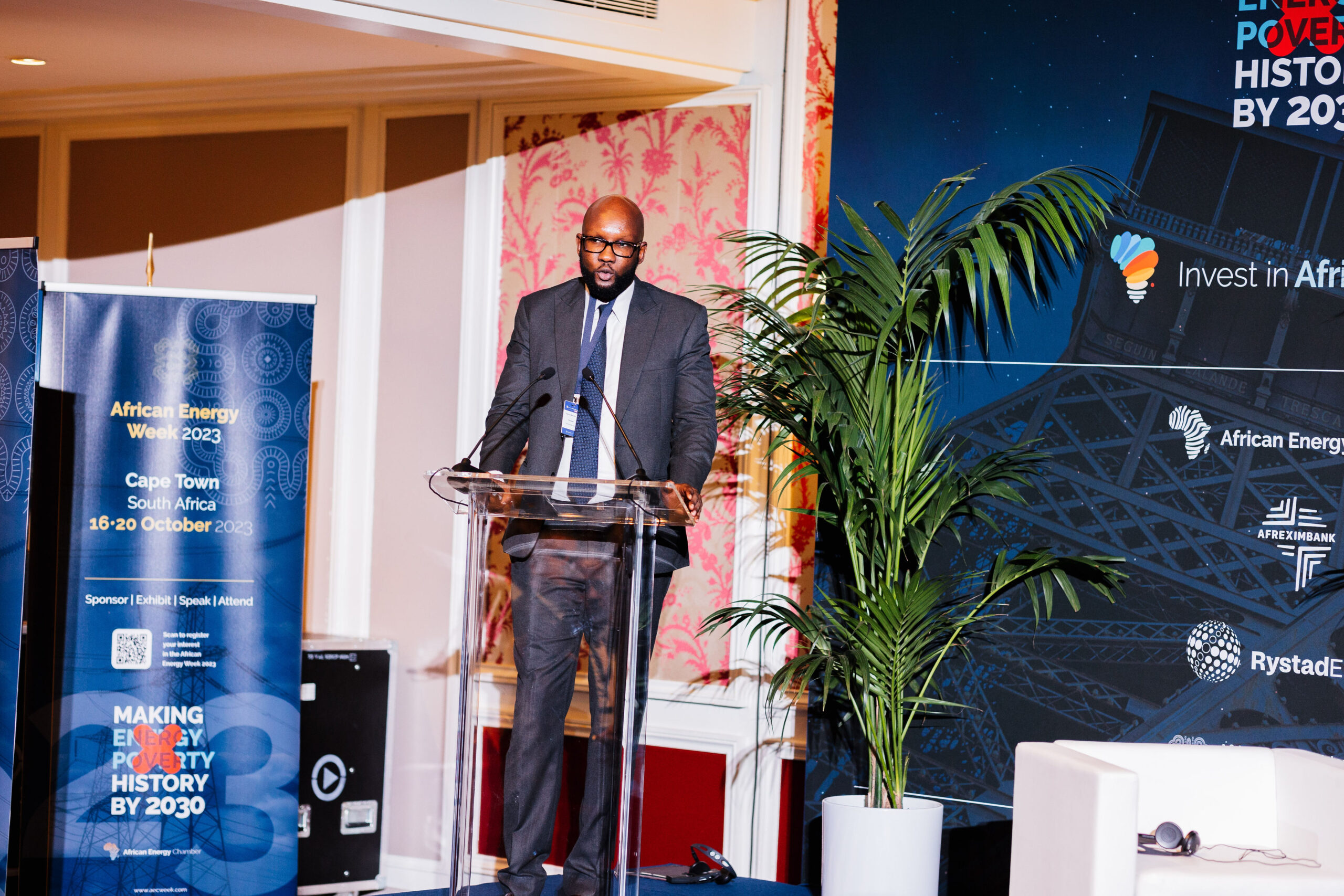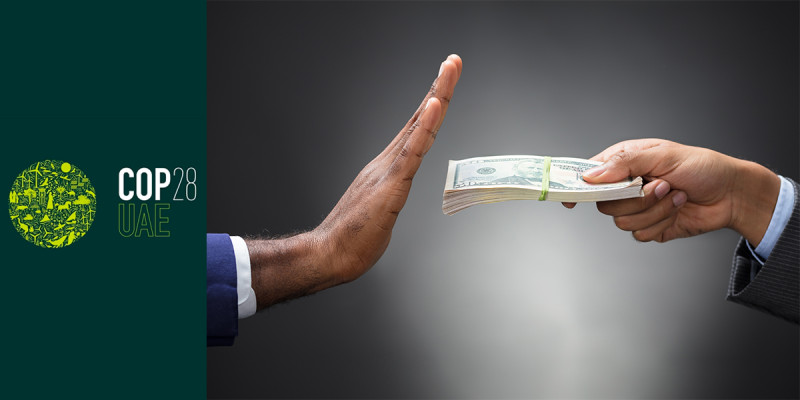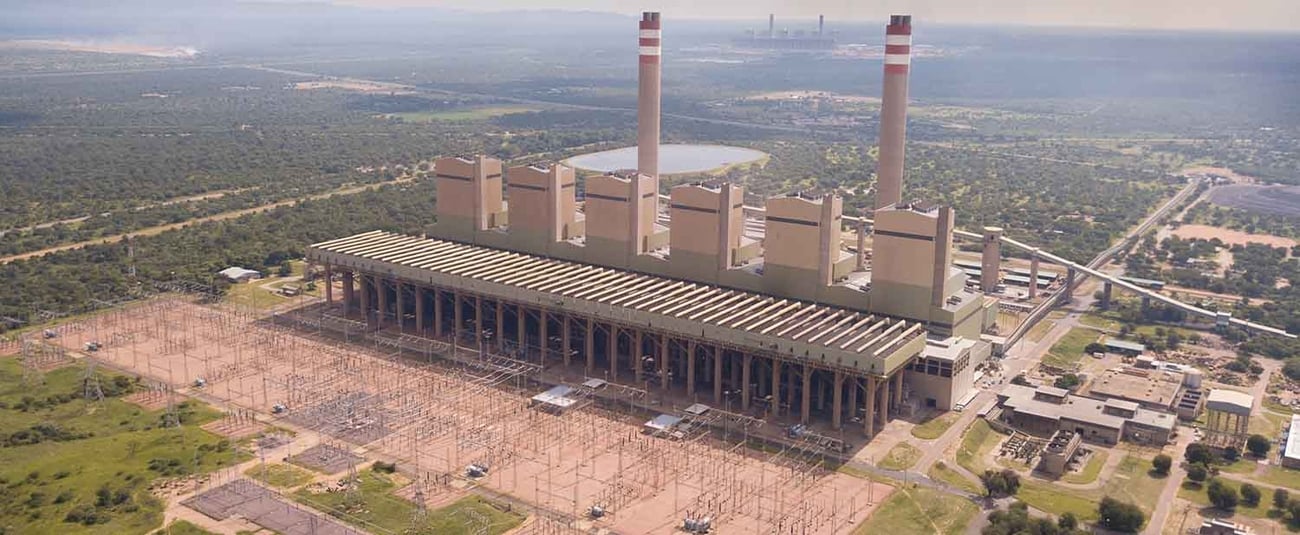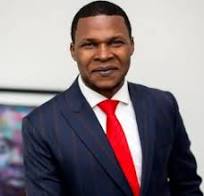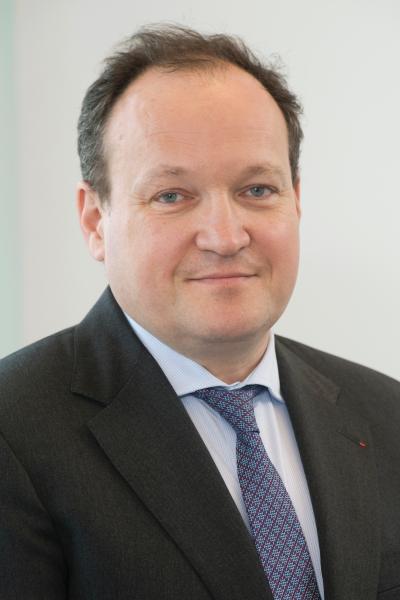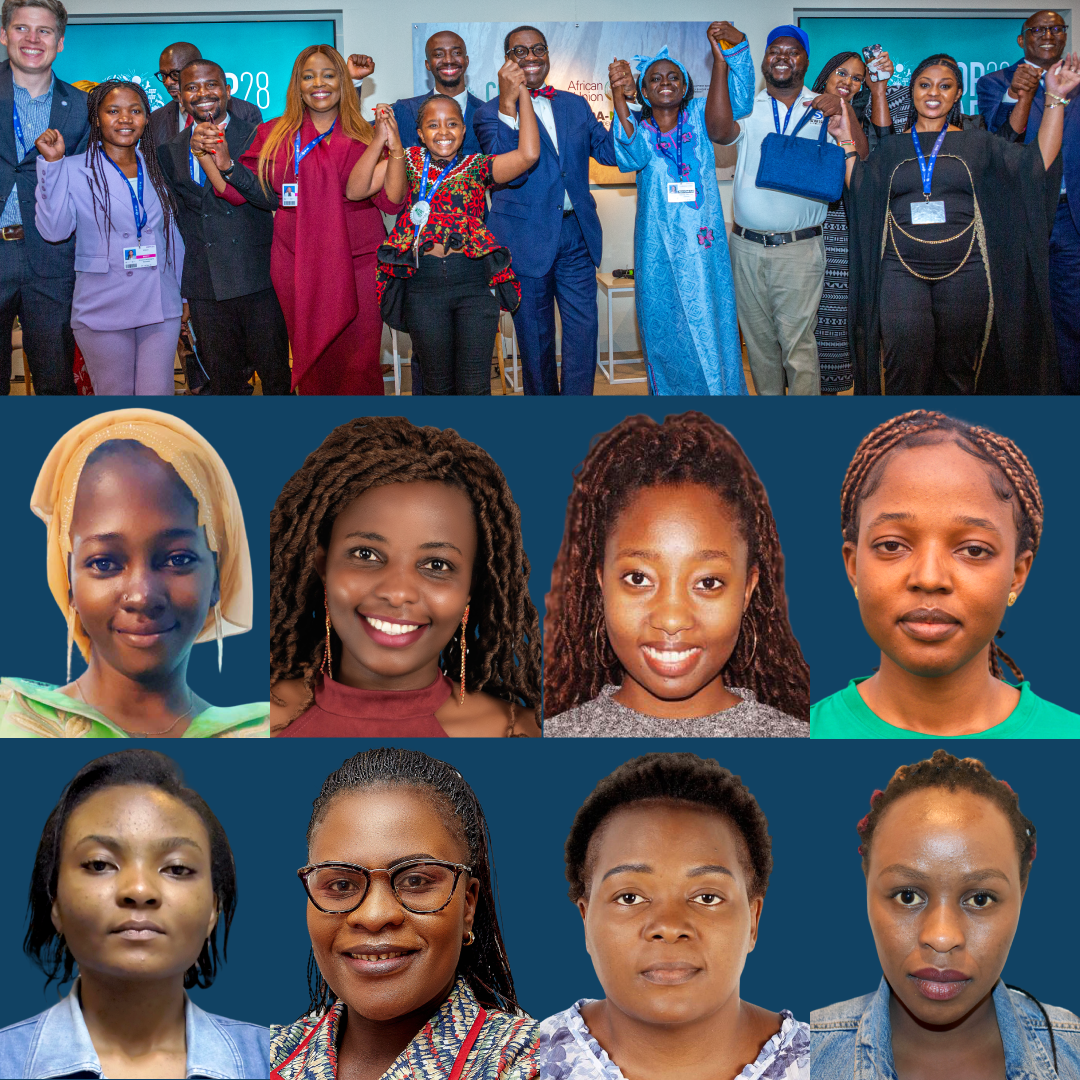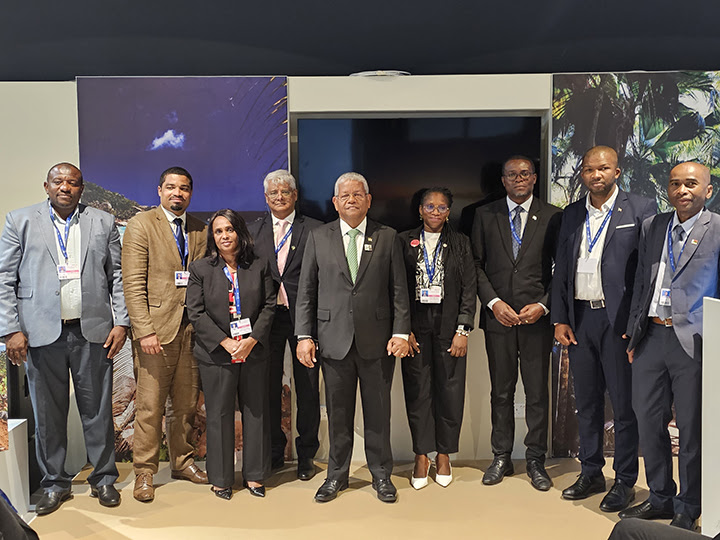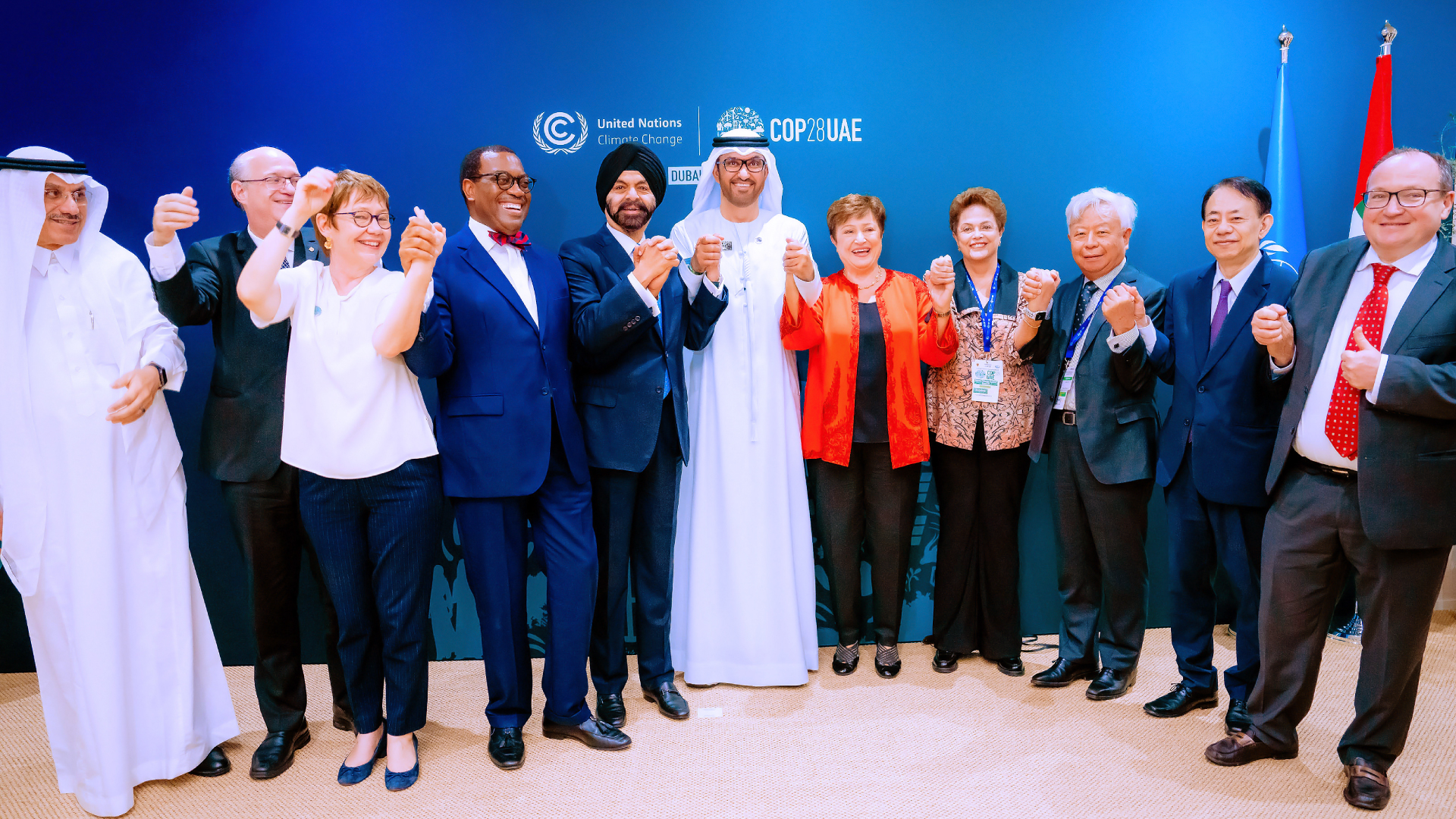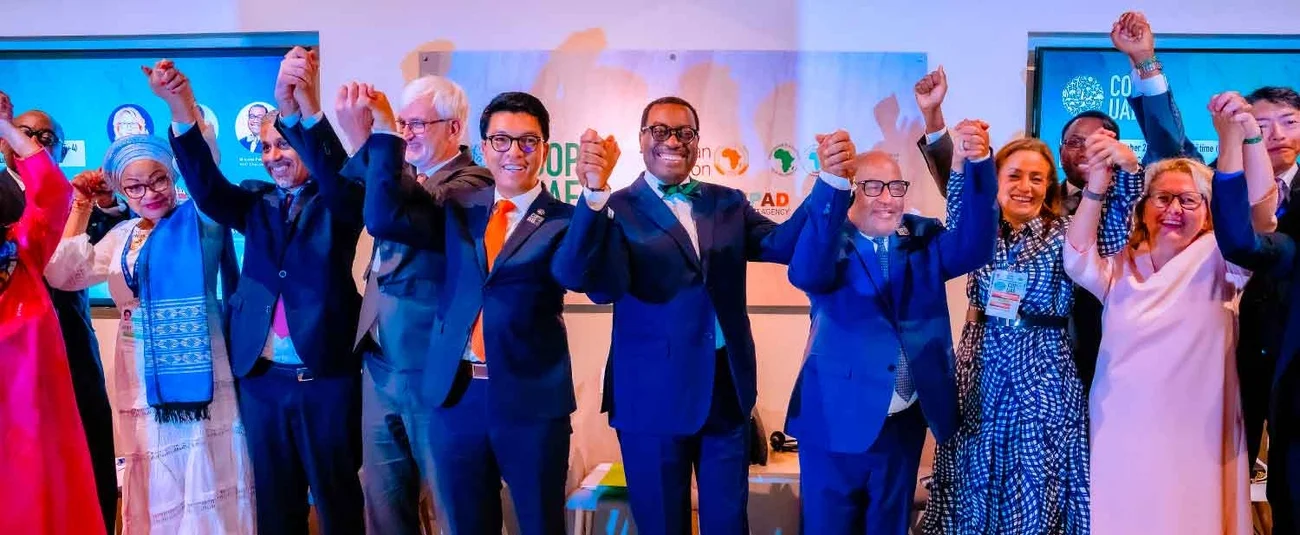About a year ago, before COP27 began in Egypt, Fiona Harvey and Matthew Taylor wrote in an opinion piece for The Guardian that it was time for gas exploration in Africa to stop.
“Africa must embrace renewable energy, and forgo exploration of its potentially lucrative gas deposits to stave off climate disaster and bring access to clean energy to the hundreds of millions who lack it, leading experts on the continent have said,” they wrote.
This is hardly new. For several years now, wealthy nations and environmental organizations have been strong-arming African countries to leave their petroleum assets in the ground.
The stance of the African Energy Chamber has been consistent: Yes, African oil and gas-producing countries should and will do their part to support global emissions-reduction goals. Yes, the dangers of climate change should be taken seriously.
However, we refuse to let the world set the timing for when Africa will ease up on oil and gas exploration and production. We are convinced that oil and gas production, when managed strategically, provides a pathway for economic growth and energy security, and we are determined to help Africa realize those benefits.
This is the message we’re bringing to COP28: African countries have every right to set the timing for their energy transitions. And like nations around the world, African states will be exercising those rights.
Africa’s Miniscule Contribution
The world must understand that African countries cannot be on the same energy transition timeline as Western countries. Africa still needs time – time that the Western world has already had and, frankly continues to milk – to resolve energy poverty and industrialize.
Let’s first address the proverbial elephant in the room: When it comes to global emissions, Africa is NOT the problem.
In 2021, global CO2 emissions hit 37.12 billion tonnes. China ranked first in contributing 11.47 billion tonnes; the entire continent of Africa contributed 1.45 billion tonnes, only 4% of global carbon emissions. In fact, over the last two decades, Africa’s total contribution to global greenhouse gas emissions has never been above 4% — by far the smallest share in all the world. Africa has the lowest per-capital emissions of all continents, averaging 1 tonne of CO2 emitted annually by each individual. The average American emits as much CO2 in one month as the average African does in an entire year.
And yet, Africa is disproportionately being punished for the climate catastrophe that, let’s be honest, was initiated and is perpetuated by Western and developed economies.
“The story of Africa or the developing world is not really an energy transition story, it’s a development story,” Andrew Kamau with the Center on Global Energy Policy at Columbia University said in a recent interview with Energy Intelligence.
“You hear a lot about all these technologies that are being developed, but where are they at scale?” Kamau asked. “And has somebody industrialized using wind and solar only? I don’t know. We wait to see if it’s possible.”
Kamau also questioned where all the international funding is. The West has made grand financial promises, but the level of support truly needed to undertake a transition to renewables at the pace dictated by the West has yet to materialize.
Using the Resources at Our Feet
While we at the African Energy Chamber agree that it’s important to develop affordable and sustainable green technologies to supply our energy, we strongly disagree with being pigeonholed into accepting the West’s one-size-fits-all timeline.
I hear from Africans who are skeptical about the benefits of oil and gas because they have seen the problems caused by the energy sector. You could make the same arguments about the Internet, which has been blamed for harming social relationships, decreasing our safety and security, and damaging children’s cognitive development. Yet, used wisely, the Internet does considerable good as well, and I’m not hearing widespread calls to get rid of it. My point is, oil and gas can and does do good (I’ve written whole books on the subject!) — the key is to be smart about how we capitalize on our resources.
Some 600 million people on the continent still lack adequate electricity access or even clean cooking technologies. These Africans aren’t focused on the fact that reliable energy infrastructure facilitates economic growth by generating jobs, increasing productivity, and reducing the cost of doing business. Most would be elated to have light in their homes after dark or the ability to refrigerate their food.
But think about Africa’s abundant energy potential!
By 2050, the continent will be home to 11% of the world’s liquefied natural gas (LNG) market and the second-highest growth supply of gas. By tapping into the vast stores of natural gas at our feet, we can first work to eradicate energy poverty from the continent, and then secure our economic growth as we transition toward renewables.
I agree with Mohamed Hamel, the Secretary General of the Gas Exporting Countries Forum, in his description of the argument that Africa should not develop its natural gas resources as “misguided.”
“A prosperous Africa will be more capable to protect its environment. The right of Africa to develop its vast natural resources can be preserved, and its access to finance and technology, facilitated,” Hamel said.
Turning the Pressure into Partnership
Around the time of COP27, I made it clear that, while African nations would not be continuing oil and gas operations indefinitely, with no movement toward renewable energy sources, we Africans should be setting the timetable for Africa’s transition.
“What I’d like to see instead of Western pressure to bring African oil and gas activities to an abrupt halt, is a cooperative effort,” I wrote at the time. “Partnerships, relationships rooted in respect, open communications and empathy. What does that look like? It begins with the belief that when African leaders, businesses, and organizations say the timing is not right to end our fossil fuel operations, we have a point. That when we are discussing our own countries, we know what we are talking about.”
Clearly, we still have progress to make. Too many outsiders suggest that African leaders are being manipulated or influenced by greed when they work to foster oil and gas exploration and production in their countries. Few seem to believe that, when countries establish and fine-tune local content laws, adapt investor-friendly fiscal regimes, and promote policy that protects human dignity, they are making reasoned, strategic moves to create better futures for their people.
That saddens me, but it also strengthens my resolve. We will continue to fight for what’s right, for what’s ours. We are not giving up on a just energy transition for Africa — a transition on a timetable that benefits and uplifts Africans.
